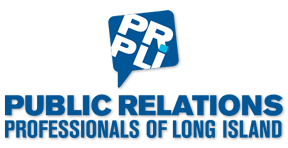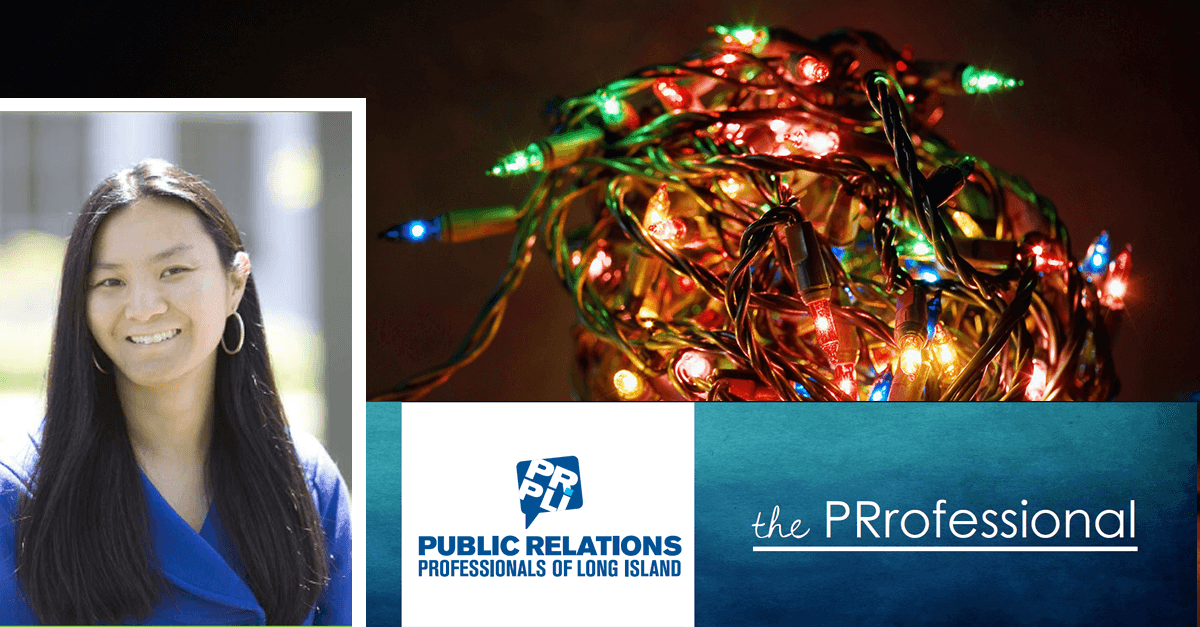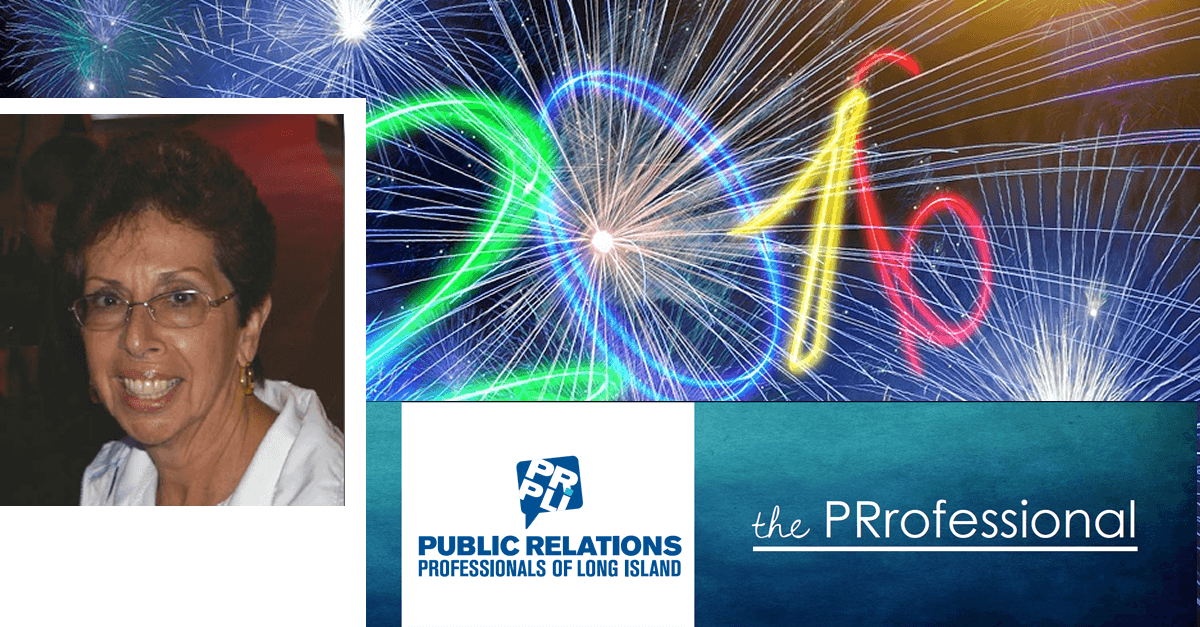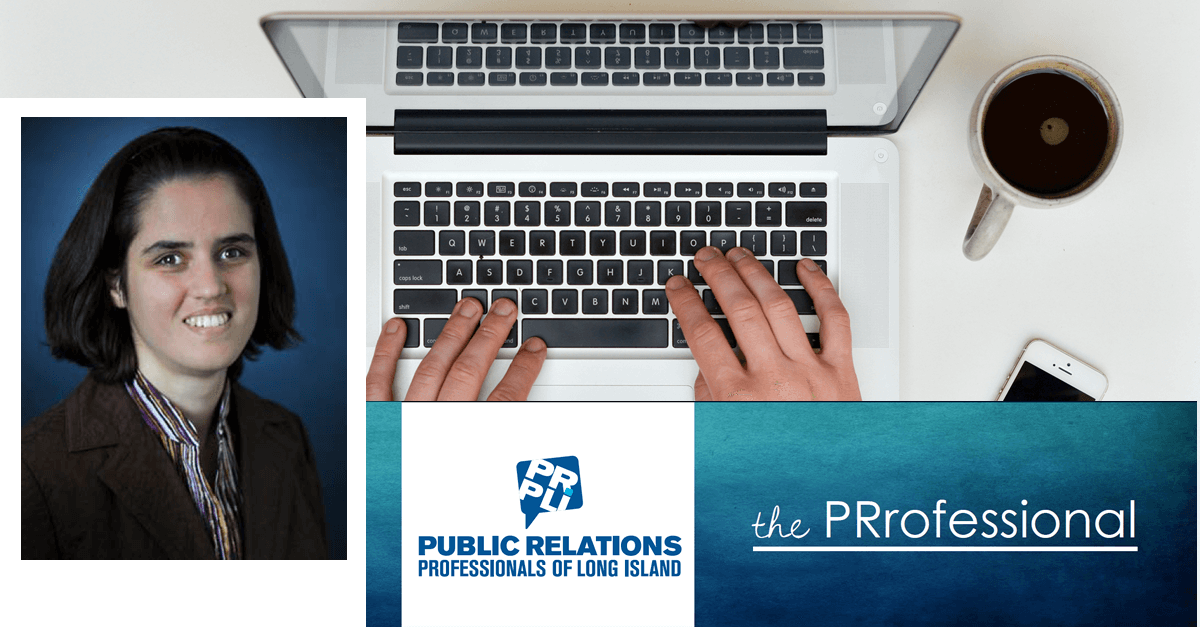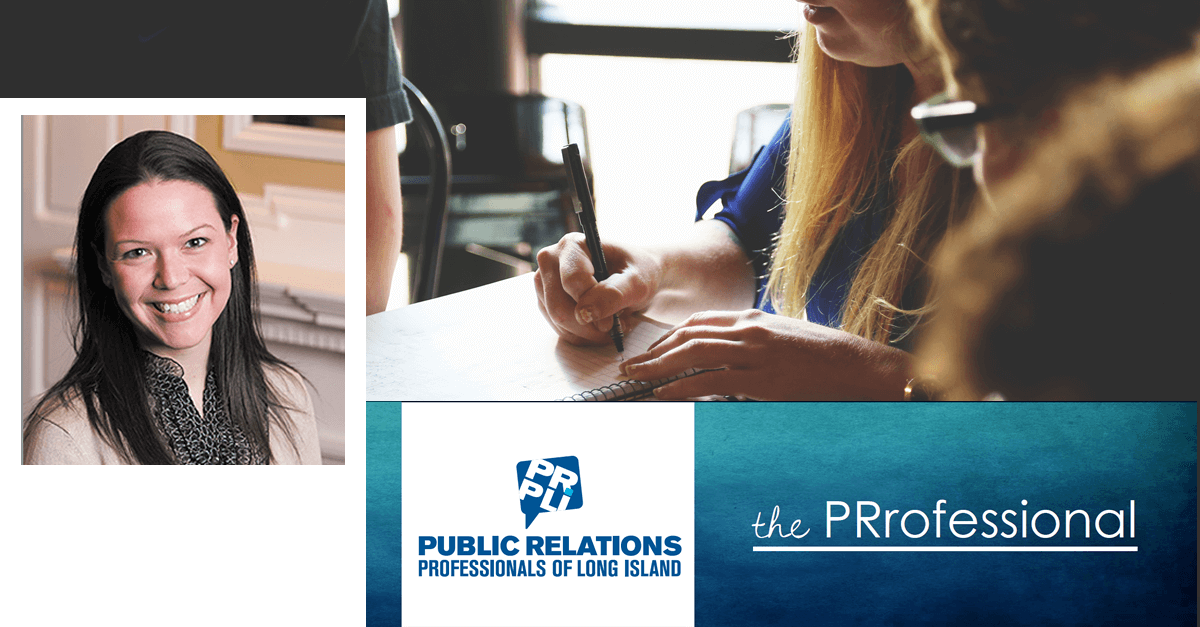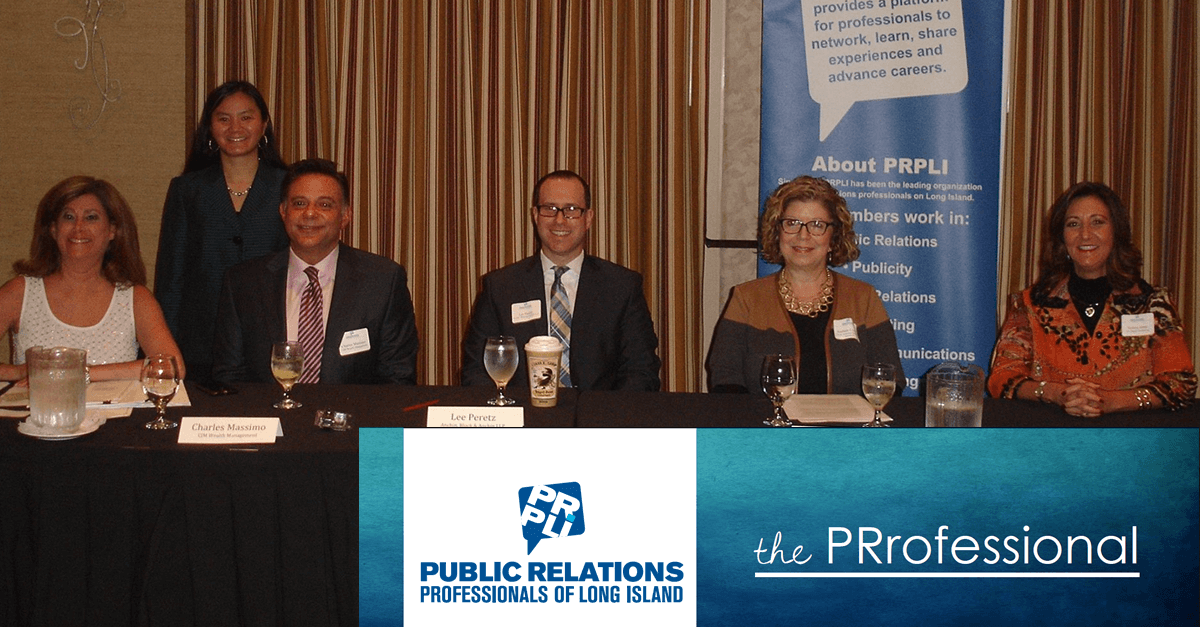She Said…It’s in the Details…
On the way to work this morning, I recalled a little book I purchased ages ago called Love, Loss and What I Wore. Nora and Delia Ephron wrote a play based on Ilene Beckerman’s 1995 book, which became an international hit. It’s a series of monologues with a cast of five women who explain what clothes really are to us and how we find our identity through them.
There are times in our lives that stand out more than others such as times of great loss. When you think about those times, you probably can recall the weather that day, what you ate or couldn’t eat, and what you wore. When our heart breaks open, our senses can be felt more deeply. It’s because life, for us, ceases to be as it was, and we pay more attention to the details.
Take some moments during those times to describe in specific terms what you see, hear, smell, taste, and feel. To excel in the field of public relations, you need to constantly improve your writing. You need to learn how to make the words pop off the page, the way a jack-in-the-box used to catch your attention on a Christmas morning when you were 2 years old. You need to write in images, the way the mere mention of Ralph Lauren evokes a room filled with nautical stuffed pillows and blue- and-white pinstripe sheets and collared shirts with a small embroidered polo player. You need to capture the attention of your reader in order to get your story told…and not forgotten.
This brings us back to loss. “As writers, we live life twice,” Natalie Goldberg said. The first time, you experience it, and the second time, in your writing (especially if it includes specifics), you relive it. In this way, you never really lose anything. It has a way of living on.
As we ring in the new, let’s remember the old. Happy 2016.
Debra Scala Giokas is the marketing director at Certilman Balin Adler & Hyman, LLP, and she is a frequent contributor to the Great South Bay Magazine. If you have a moment, follow her on Twitter @debrascalag.
He Said…But It’s Not the Devil
When I was on the business desk at Newsday back in the day before email and attachments, we used to receive hundreds of pieces of mail weekly, each one pitching this or that.
They remained, unopened, on top of a desk until Friday or so when the pile got so high that I routinely dumped them all in a recycling bin. I knew what they were—press releases that would never see the gray of newsprint. Some were from way out of town (not great for a local paper), others were financial results (which we got anyway from other sources), and still others addressed to editors and writers unknown and even worse, editors and writers who had since passed or were no longer with the paper. And then there were the misspellings of names—gross misspellings.
For me to pay attention to any press release destined for a potential assignment to a reporter, the lead needed to get my attention. If the true point of the release was located anywhere other than the first paragraph, odds were that I would throw it away, for as many unopened pieces of mail there were, the ones that landed on my desk rivaled the growing Mt. Everest on the desk behind me.
The smart PR people never flooded me with pitches. They took their time, weighed the import and true potential for publication, and always helped me with setting up coverage. They also followed the release with a phone call or on more than one occasion gave me a heads up in advance so I could look out for it. This did not guarantee an assignment (in those days there was only so much ink you could squeeze in a newspaper), but it did keep the PR person on my radar.
And almost always, the release with the pitch was written extremely well. No fluff, no exaggerated quotes, and no cliché-ish business terms. Just the facts.
Of course we are now in an age of instant, just-add- water news with countless vehicles and venues for press releases and announcements not necessarily beholden to the time, judgment, or whims of the curmudgeonly editor sitting anonymously behind a desk.
But (there’s always a “but”) that puts an even sharp- er onus on the way words are used to persuade. The firehose of information pointed at us daily has un- leashed such mediocrity (and that’s too kind a word) that you may find yourself getting your message across but not necessarily getting it noticed in any significant way. For that, I still think you need that curmudgeonly editor; with whom you should still have a relationship.
George Giokas is chairman of the board of HealthDay; president/CEO of StaffWriters Plus, Inc.; an adjunct professor at Stony Brook University’s journalism department; and author of the young adult novel Nickel Ice. Follow him on Twitter @georgegiokas5.
